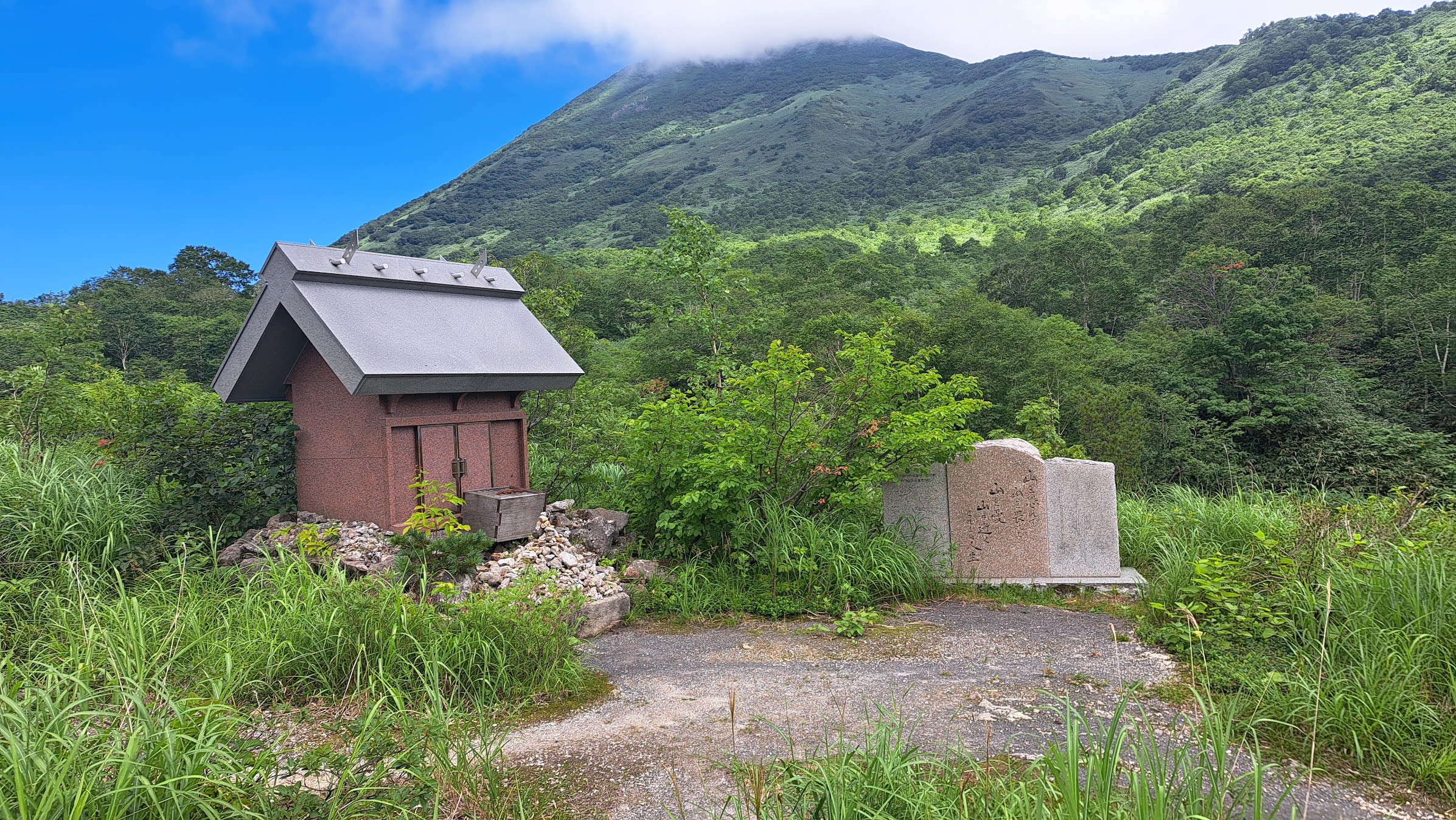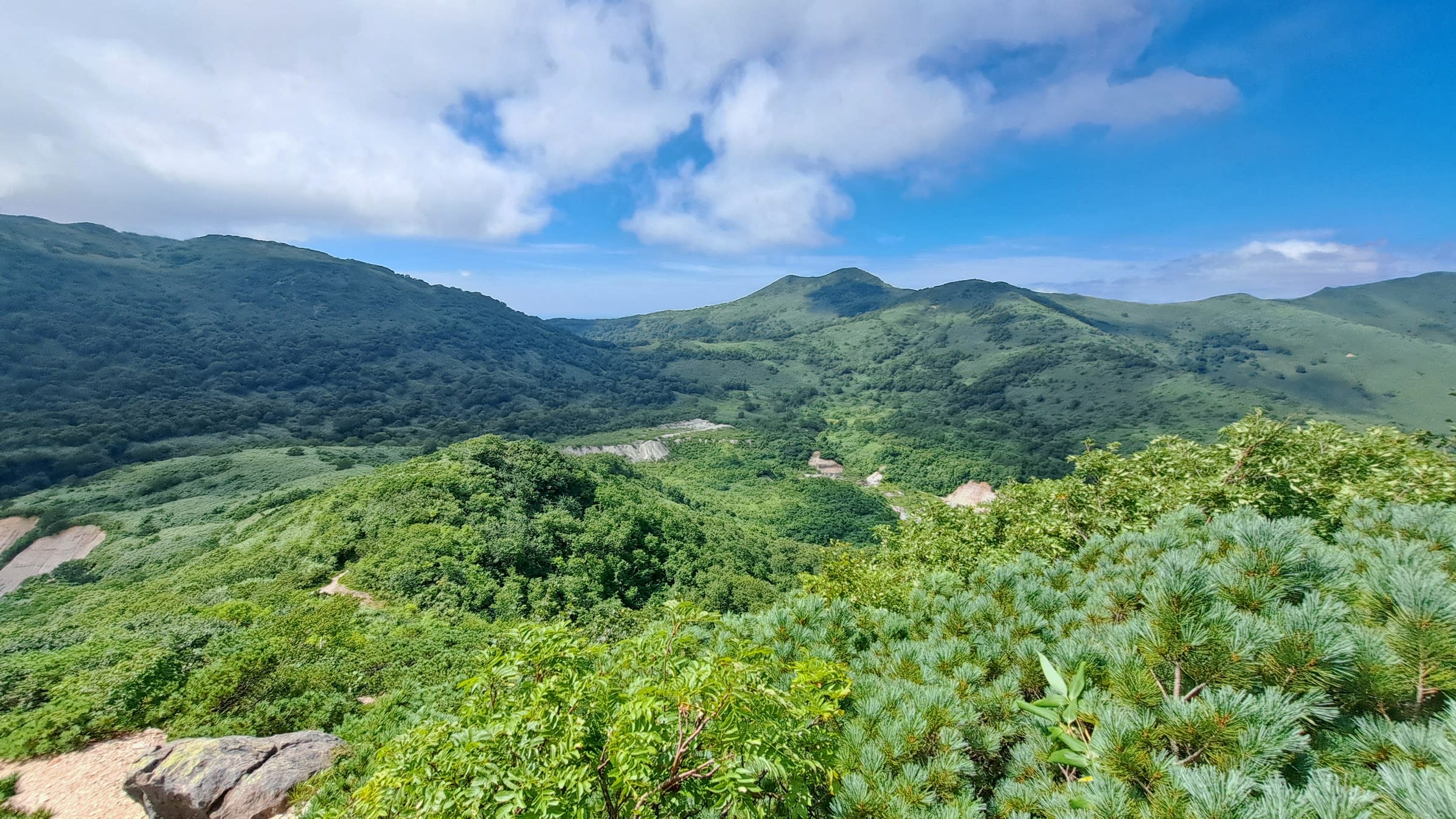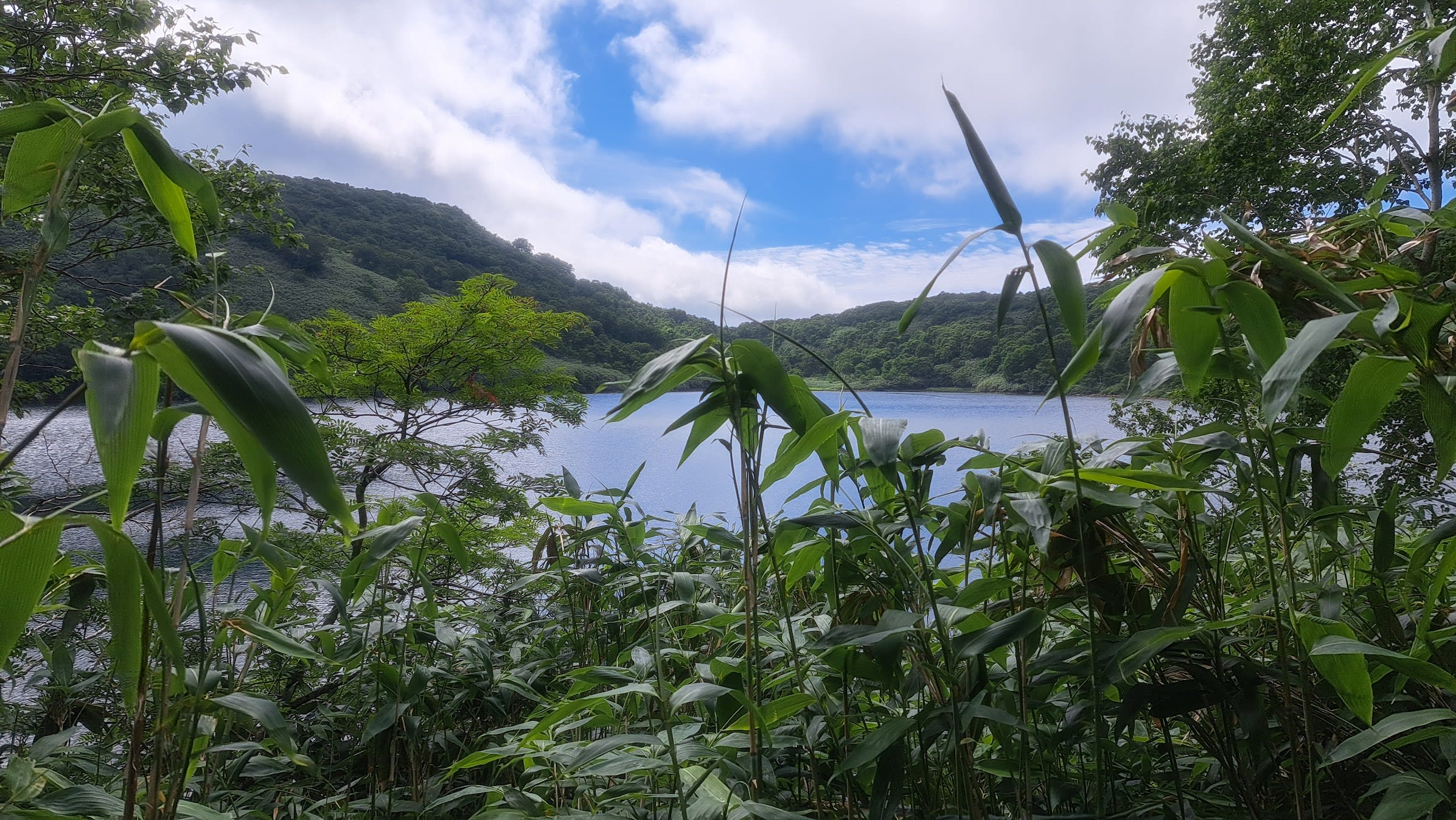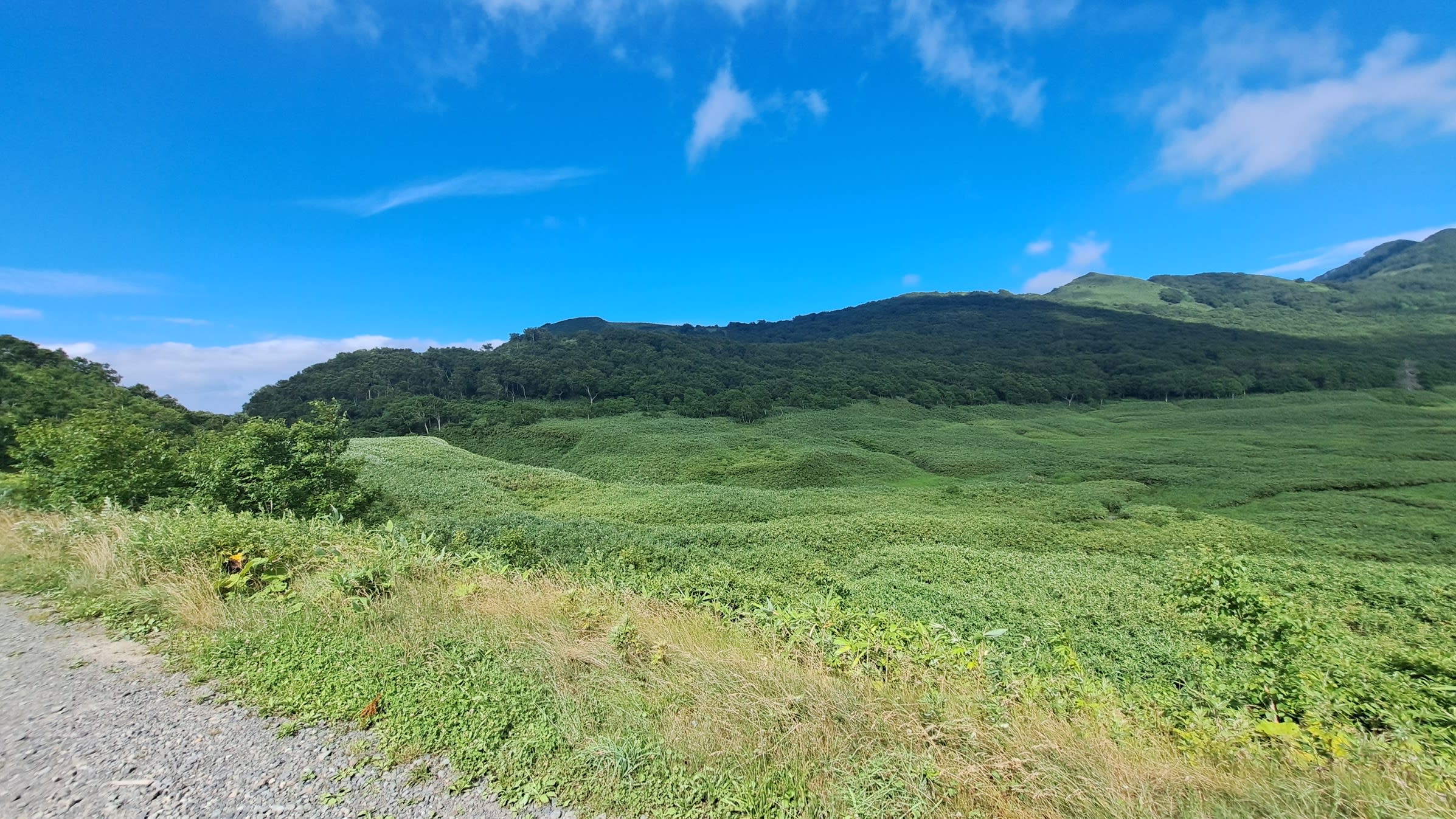Published on October 9, 2025 4:10 AM GMT
How close have you come to death?
I don't mean in some "well, if I were born in different circumstances" way. I don't even mean a close call like missing a flight that later crashed. There's something special that happens when you intimately feel the possibility of your existence ending. At least for me, this was the case.
Not long ago, I had set out towards part of the Niseko mountain range in mid-morning, armed with one hiking pole, my trusty $30 Ebay boots, a jar of "peanut cream[1]," and around 4 liters of water. After completing the mile-high ascent of the nearby Mt Yotei a week prior, I was confident that I could do a longer but less steep hike that would knock out the the remaining Niseko peaks in walking distance from where I was staying.[2]
The beautiful blue sky that day encouraged me. I took a route[3] that would allow me some optionality in choosing how long and strenuous a hike it would be. After a peaceful few hours moving through mountain and marsh, pausing by the pond[4], I eventually came to the important decision of the day: I could go directly home from this point, or I could do a out-and-back to reach the top of Chisenupuri. This diversion wouldn't take me far out of my way but it was up a steep 1000+ feet, with a fair amount of boulder scrambling required, and would push my finish time to possibly after sunset.


I chose the bold move. Climbing over boulders sounded really fun, and while I expected to be very tired by the time I got back, it didn't seem dangerous. If the sun set, it wouldn't get dark for a while still, I had some food and could take breaks, and this was all small potatoes compared to Mt Yotei, right? After climbing my way up a boulder-strewn trail, admiring the gorgeous views, and making my way down, I found I was nearly right. The food I expected to refresh me had taken its own hike out of its jar into the bottom of my backpack. A disgusting sickly-sweet peanutty mess was not on my menu, and I used a little water and nearby leaves to clean out what I could.
The trip home was a struggle. While I remained in control mentally, my body was getting exhausted in a way I hadn't felt before. My heart pounded as I walked over flat ground. I finished my water. For breaks, I fully lay down in the dirt and had time to think.
"Can I make it back? I think so. There haven't been any hikers around since I went on this path. It would suck if emergency services had to get involved. I can make it back. It feels like gravity is pressing me against the ground really strong. People don't know exactly where I'm hiking. The ground feels nice. I can't take a nap, I'll already get back late."
As thoughts like these whirled through my head and my heart rate slowed a bit, I felt very calm. The world had turned into just one problem, and just one solution. If I stayed where I was for long, I would be dehydrated, in the dark, with bears somewhere in the area, and no one hiking nearby. If I got up, I could make it home, eat, drink a lot of milk, and be safe. The thought "I will live" filled my brain, I got up, and I trudged my way home.
If that were all, it would be a fun little story about a hike I wasn't quite prepared enough for. However, it isn't. In the days immediately following, I noticed significantly less akrasia, worry about social interactions, etc. Barriers that might normally have given me pause felt flimsy and self-constructed, easy to push aside with a "this isn't actually dangerous". Over time, however, I've gone back to sort of my natural state, leaving this as a "flaky breakthrough" for now.
What's left is wonder. How can I integrate this more fully? The change hasn't fully passed, but it's as if I'm remembering the confidence/clarity I had at the time rather than just being that way. It certainly seems unwise to try to repeat the experience, or have something similar. I'll leave it at that for now[5].
- ^
I had made an unfortunate error while purchasing snacks for the Yotei-zan hike, where I hoped I would be getting peanut butter. Peanut cream instead is this gelatinous near-pudding that's entirely too sweet and un-peanut-like. I did Not eat it while hiking Mt Yotei because it sucks and is bad but I like not letting things go to waste, and could use some calories for this hike so I brought it along.
- ^
I did a workaway, where I volunteered some of my time at a local inn, and in exchange could stay and eat there for free. It was a great time, albeit likely not the most efficient use of it.
- ^
It was roughly this route, although I started from my hotel which was about a mile and a half (and a thousand feet elevation-wise) from the starting point here. I also took the road from the point near Oyachi wetland to the point between Chisenupuri and Nitonupuri, saving a bit over a mile that way.
- ^
The body of water in picture three is named "Oonuma" (大沼), literally "big pond," and it's fun seeing these sorts of naming conventions existing everywhere.
- ^
I am reminded of the concept of "vision-quests," whether from vague understandings of Native American culture or from modernizations of the ritual like those mentioned in some of Bill Plotkin's work. Spending extended time in dangerous circumstances (especially in a foreign environment) seems like it would be effective at giving a feeling of clarity and making everyday life seem easy in comparison. (Of course, not that the clarity found is always correct). It could be interesting looking into that and some psychological resources as sort of further notes on a related topic.
Discuss



